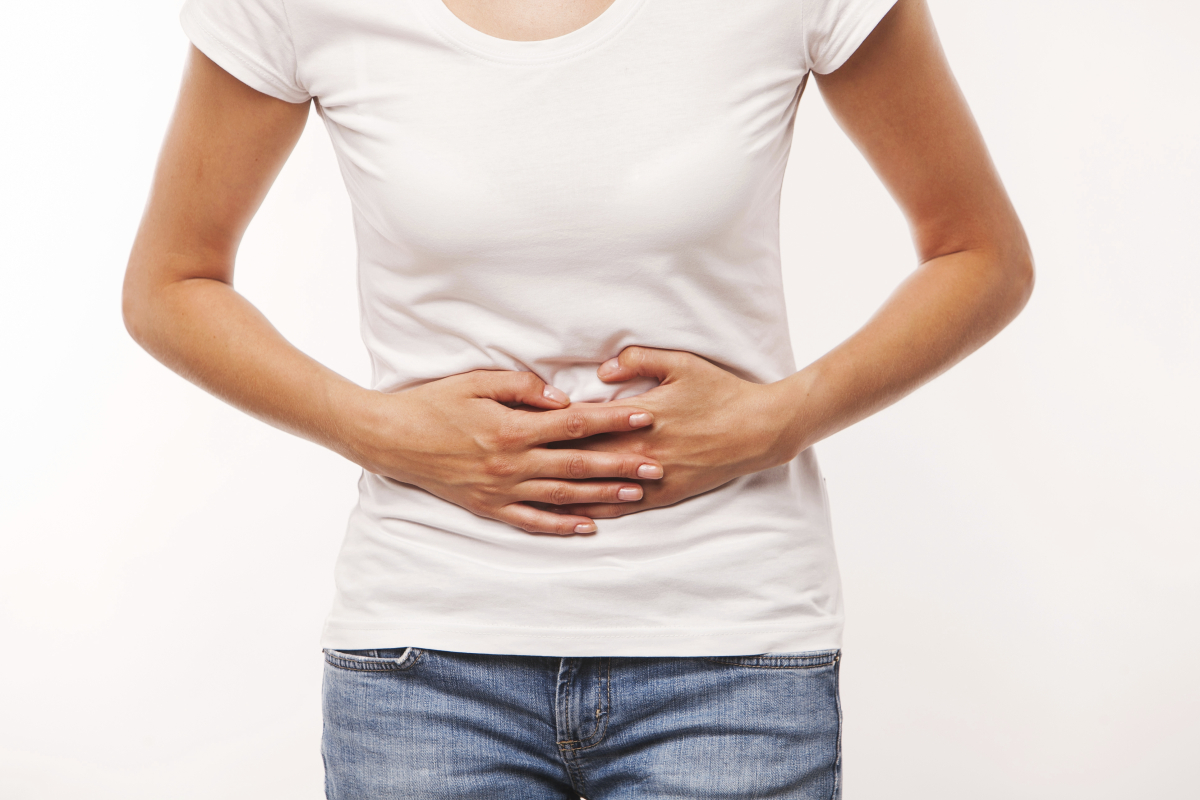
Are you looking to lose weight, increase you mood, and ward off diseases? The answer to accomplishing all of this is probably not what you expected.
Complex arrays of neurons and countless micro-organisms are controlled by a brain that sets the function for the entire body.
This brain regulating your waistline, among other things, is not the one in your head.
Your gut has been dubbed by scientists as your “second brain.” It holds many of the characteristics of a brain.
Recent research has found ample evidence of a happy gut leading to a happier you. Maintaining a healthy gut requires not much more than following a clean eating diet.
The News Journal reported:
“Researchers have found that the make-up of the trillions of microorganisms living in your gut may affect your chances of cancer, cardiac disease and the state of your mental health. A new study has found that diet can play a major role in your gut’s health — and might even be a factor in obesity and weight loss.”
Not many people are considering gut health in the traditional medical community.
The effects would be monumental if many cancers and diseases were prevented with a salad and kombucha, rather than with pills that make you feel bad, while simultaneously draining your bank account.
Ryan Arsenault, a professor at University of Delaware, stated:”Everything related to health and nutrition is centered on your gut.” He specializes in gut research and proclaimed, “It’s a huge, huge topic in the life science research.”
When referring to a gut, it includes the stomach, esophagus, intestines, colon, and digestive system.
The human gut amazingly has over 100 trillion micro-organisms; or microbes, as they are, also, often referred.
There are six main microbes;bacteria, archaea, fungi, protozoa, algae, and viruses. Bacteria have a bad reputation for being detrimental, but healthy bacteria is instrumental in gut health.
The News Journal reported:
“The more diverse and abundant the bacteria in the gut is, typically the healthier it is”, said Dr. Sarina Pasricha, gastroenterologist with the Delaware Center for Digestive Care. Environmental factors can play a role in the make-up of a gut, including if a child was born vaginally or via C-section.”
Good bacteria can be found in yogurt cultures, fermented foods, and probiotic supplements. Another, tastier, option for gut health is dark chocolate.
Each of these clean food choices are easily obtainable, and can seamlessly be incorporated into your daily routine with ease.
A recent study found that people, who had a higher ratio of Prevotella to Bacteroides bacteria, lost a significant more amount of weight than those with a lower ratio, according to The News Journal.
This desired ratio can be reached through a healthy diet, high in fiber. There is no miracle cure to weight loss, but with a little conscious dietary effort you and your gut can be at your peak.
Unlike previous reports from the medical community, it is becoming clearer genes don’t necessarily write your fate.
Arsenault said, “Genetics are very important, but they don’t necessarily define your entire life.” “It’s what you eat, what you’re exposed to.”
The more diverse selection of whole foods you have in your diet, the more ammunition you have to maintain a healthy spectrum of beneficial bacteria.
The News Journal reported:
“Eating a plant-based diet has shown to help with a person’s gut health, said dietitian Robin Hayes. People should try foods such as Brussels sprouts, broccoli, avocados, apples, almonds and walnuts, which have proven to be beneficial, she said.”
Another strong motivator for focusing on your gut is its psychological effects. It has been proven the gut, through its vast neural network, has a say regarding your mood.
Psychology Today reported:
“There’s an entire ecosystem of bacteria and a vast neural network operating in our guts. This ecosystem is our second brain, and comprises some 100 million neurons, more than the spinal cord.”
These neurons are what give rise to the “butterflies” in the stomach sensation, and the feeling of a “pit” in your stomach during stress.
More information is carried to the brain from the intestines than receiving messages. This phenomenal discovery shows the pivotal role of the gut on mood, according to Psychology Today.
To top the cake, a healthy gut can decrease inflammation, lower cortisol levels, help with stress response, improve memory, and reduce anxiety.
Start your transition today to increase your “second brain’s” IQ. Every yogurt for snack, salad for lunch, and tempeh grill for dinner is a bite towards a happier and healthier you.
As science is forging ahead, more of the amazing intricacies of the gut will come to light, showing that it takes more than books to make a body smart.
